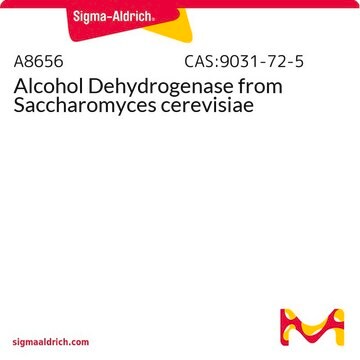199958
Molybdenumhexacarbonyl
98%
Synonym(s):
Hexacarbonylmolybdenum(0)
About This Item
Recommended Products
vapor density
9.1 (vs air)
Assay
98%
form
solid
reaction suitability
core: molybdenum
reagent type: catalyst
bp
156 °C (lit.)
mp
150 °C (dec.) (lit.)
density
1.96 g/mL at 25 °C (lit.)
SMILES string
[Mo].[C-]#[O+].[C-]#[O+].[C-]#[O+].[C-]#[O+].[C-]#[O+].[C-]#[O+]
InChI
1S/6CO.Mo/c6*1-2;
InChI key
KMKBZNSIJQWHJA-UHFFFAOYSA-N
Looking for similar products? Visit Product Comparison Guide
General description
Application
Signal Word
Danger
Hazard Statements
Precautionary Statements
Hazard Classifications
Acute Tox. 3 Inhalation
Storage Class Code
6.1C - Combustible acute toxic Cat.3 / toxic compounds or compounds which causing chronic effects
WGK
WGK 3
Flash Point(F)
Not applicable
Flash Point(C)
Not applicable
Personal Protective Equipment
Certificates of Analysis (COA)
Search for Certificates of Analysis (COA) by entering the products Lot/Batch Number. Lot and Batch Numbers can be found on a product’s label following the words ‘Lot’ or ‘Batch’.
Already Own This Product?
Find documentation for the products that you have recently purchased in the Document Library.
Customers Also Viewed
Articles
Spintronics offer breakthroughs over conventional memory/logic devices with lower power, leakage, saturation, and complexity.
The properties of many devices are limited by the intrinsic properties of the materials that compose them.
Our team of scientists has experience in all areas of research including Life Science, Material Science, Chemical Synthesis, Chromatography, Analytical and many others.
Contact Technical Service










